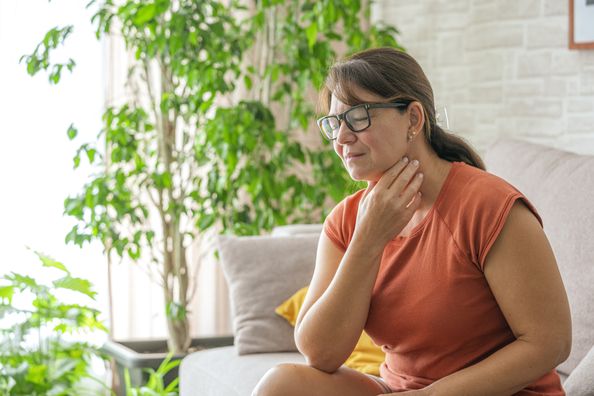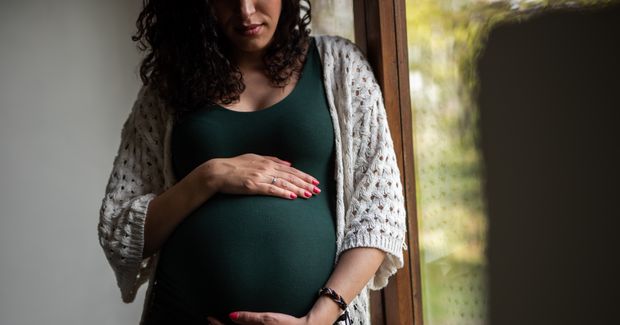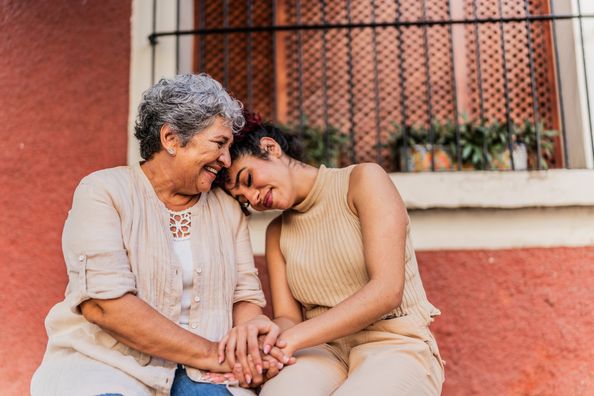If you’ve ever found yourself in a situation where contraception failed or was forgotten, you’re not alone. Emergency contraception is an option that can offer peace of mind and help prevent pregnancy after unprotected sexual intercourse.
What is Emergency Contraception?
Emergency contraception is a way to prevent pregnancy after unprotected sexual intercourse or contraceptive failure. It contains a higher concentration of hormones than routine birth control pills. Because of its potency and specific purpose, emergency contraception is not meant to be a routine form of birth control but rather a backup option for those who find themselves at risk of an unintended pregnancy.
How Does Emergency Contraception Work?
The emergency contraceptive pill, also known as the Morning-After Pill, works by preventing or delaying ovulation, which in turn stops pregnancy from occurring. It’s important to note that emergency contraception cannot affect an existing pregnancy or harm a developing embryo.
When Should You Use Emergency Contraception?
Emergency contraception should be used when no form of contraceptive has been used, or if there is a concern of possible failure from contraceptives, such as forgetting to take a birth control pill or a condom breaking. Emergency contraception works best if taken as soon as possible after unprotected sex, but can still work to prevent pregnancy if taken up to three to five days after intercourse.
Your Emergency Contraception Options
Morning-After Pills: Levonorgestrel vs. Ulipristal Acetate
Levonorgestrel (Plan B) and ulipristal acetate (ella) are two common types of emergency contraceptive pills. Both pills are similarly effective when taken within three days after unprotected sex. However, ulipristal acetate can be taken up to five days after intercourse.
How Effective Is Emergency Contraception?
Efficacy Based on Timing and Method
The effectiveness of emergency contraceptive pills is dependent on how quickly they are taken after unprotected sex, and where you are in your cycle. It’s recommended to take emergency contraception as soon as possible after intercourse, as the effectiveness of the pill decreases with each passing day.
Levonorgestrel works best when taken within 24 hours, reducing the risk of pregnancy by 95 – 97%. Its effectiveness decreases over time, dropping to around 89% if taken within three days. If ovulation has already occurred, levonorgestrel may not be as effective.
Ulipristal acetate maintains a higher effectiveness rate for a longer period. It can reduce the risk of pregnancy by up to 98% within the first few days after unprotected sex. By day five, its effectiveness drops to around 85%.
Other Factors That Can Impact Effectiveness
Weight may impact the effectiveness of emergency contraceptive pills. Levonorgestrel can be less effective for those who weigh over 165 pounds, and ulipristal acetate can be less effective for those who weigh over 195 pounds.
Some medications, such as the antibiotic Rifampin, the antifungal Griseofulvin, certain HIV medications, and certain anti-seizure drugs may also reduce the effectiveness of emergency contraception.
Also read: Which Birth Control is Best for Me?
Common Side Effects of Emergency Contraceptive Pills
Most people experience only mild side effects from emergency contraceptive pills, such as:
- Light bleeding or spotting
- Changes in the menstrual cycle
- Fatigue and tiredness
- Headaches
- Dizziness
- Breast tenderness
- Abdomen pain or cramping
- Nausea and vomiting
If you experience more severe symptoms or have any concerns, contact a Duly obstetrics and gynecology provider.
Emergency Contraception FAQ’s
What to Do if You Vomit After Taking the Pill?
Vomiting within two hours of taking an emergency contraceptive pill may prevent it from working. If you vomit, contact your healthcare provider, as you may need another dose. To reduce the chance of nausea, it’s suggested to take the emergency contraception pill after eating.
Can Emergency Contraceptive Pills Delay Your Period?
It’s possible for emergency contraceptive pills to cause temporary changes to the menstrual cycle. Those who take the pill may find that their period arrives three to four days earlier or later than their normal cycle date.
If your period is five to seven days late, consider taking a pregnancy test. If it’s delayed for three weeks or more, a pregnancy test is strongly recommended. However, keep in mind that pregnancy tests can sometimes provide inaccurate results. If a pregnancy test is taken too early, it can show a false negative result.
If you experience any concerning irregularities in your menstrual cycle after taking the emergency contraceptive pill, such as heavy or abnormal bleeding, or severe abdominal pain, contact your healthcare provider.
Can Emergency Contraception Work During Ovulation?
While emergency contraception temporarily delays ovulation, it will not prevent pregnancy if you are currently ovulating, as an egg has already been released by the ovary.
How Often Can You Use Emergency Contraception?
It’s advised to take emergency contraceptive pills no more than once per menstrual cycle. If you find yourself using emergency contraception more than three times a year, it’s recommended to consider starting a regular contraceptive method like the IUD, implant, or birth control pills.
Where to Get Emergency Contraception
Many emergency contraceptive pills are available over the counter at pharmacies and drugstores. However, certain types, like ulipristal acetate, require a prescription. Over the counter emergency contraceptive pills, depending on brand, typically cost between $10 and $50.
No one plans for the risk of an unintended pregnancy, but knowing your options for emergency contraception can help you make informed decisions if you find yourself in that situation. If you have any questions or need guidance, schedule an appointment with a Duly Health and Care OBGYN.
Health Topics:








